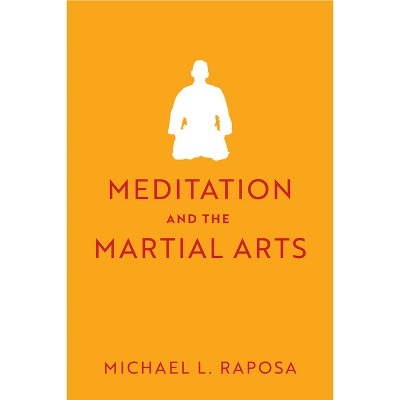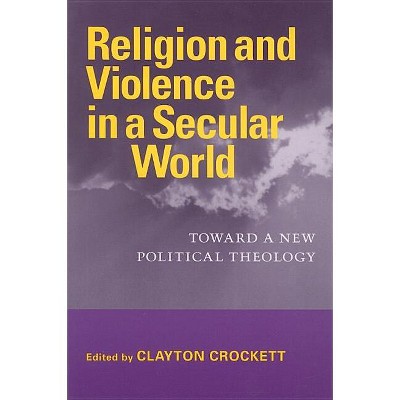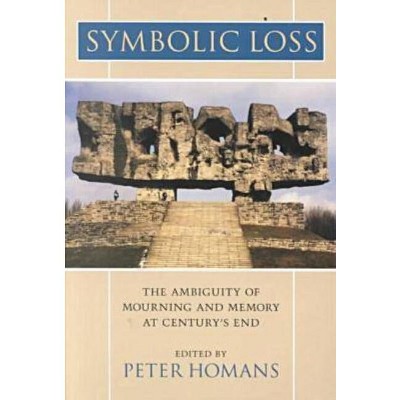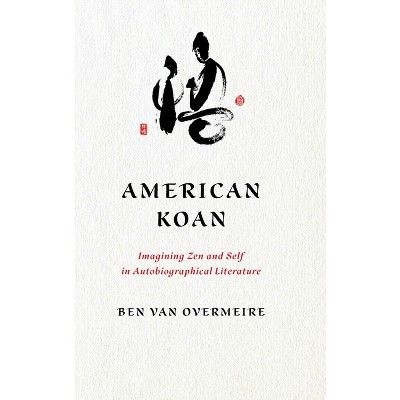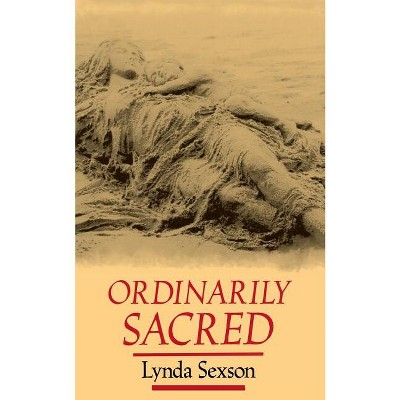Freud and Augustine in Dialogue - (Studies in Religion and Culture) by William B Parsons (Paperback)

About this item
Highlights
- "It is arguably the case," writes William Parsons, "that no two figures have had more influence on the course of Western introspective thought than Freud and Augustine.
- About the Author: William B. Parsons, Professor of Religious Studies at Rice University, is the author of The Enigma of the Oceanic Feeling: Revisioning the Psychoanalytic Theory of Mysticism, editor of Teaching Mysticism, and the coeditor of Mourning Religion (Virginia).
- 240 Pages
- Religion + Beliefs, Philosophy
- Series Name: Studies in Religion and Culture
Description
About the Book
The author intends this interpretive model not only to engage modern introspective concerns about developmental conflict and the power of the unconscious but to reach a more nuanced level of insight into the origins and the nature of the self.Book Synopsis
"It is arguably the case," writes William Parsons, "that no two figures have had more influence on the course of Western introspective thought than Freud and Augustine." Yet it is commonly assumed that Freud and Augustine would have nothing to say to each other with regard to spirituality or mysticism, given the former's alleged antipathy to religion and the latter's not usually being considered a mystic.
Adopting an interdisciplinary, dialogical, and transformational framework for interpreting Augustine's spiritual journey in his Confessions, Parsons places a "mystical theology" at the heart of Augustine's narrative and argues that his mysticism has been misunderstood partly because of the limited nature of the psychological models applied to it. At the same time, he expands Freud's therapeutic legacy to incorporate the contemporary findings of physiology and neuroscience that have been influenced in part by modern spirituality.
Parsons develops a new psychological hermeneutic to account for Augustine's mysticism that will capture the imagination of contemporary readers who are both psychologically informed and interested in spirituality. The author intends this interpretive model not only to engage modern introspective concerns about developmental conflict and the power of the unconscious but also to reach a more nuanced level of insight into the origins and the nature of the self.
Review Quotes
A daring attempt to read two seminal figures in Western history in light of one another. Parsons's nuanced understanding of Freud serves as a corrective to previous psychoanalytic interpretations of Augustine, and his transformational reading of the Confessions provides a new model for the psychological study of mystical experience that is not reductive.
--Elliot Wolfson, New York University, author of A Dream Interpreted within a Dream: Oneiropoiesis and the Prism of the Imagination, and winner of the 2012 American Academy Award of Excellence in Constructive and Reflective StudiesAdvancing our understanding of either Freud or Augustine would be a significant achievement; Parsons has managed to advance our understanding of both in one work, and then applies the resulting perspecive to another domain, the "culture of modern spirituality."
--Raymond J. Shaw, Merrimack CollegeAbout the Author
William B. Parsons, Professor of Religious Studies at Rice University, is the author of The Enigma of the Oceanic Feeling: Revisioning the Psychoanalytic Theory of Mysticism, editor of Teaching Mysticism, and the coeditor of Mourning Religion (Virginia).
Shipping details
Return details
Trending Poetry






